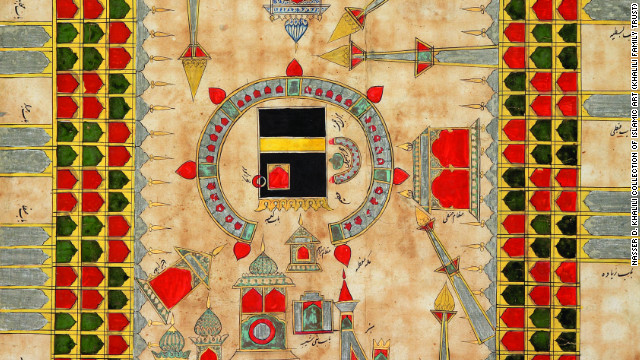Public university professors join ranks of Sandy Hook conspiracy theorists - Two professors at mainstream, respected state universities are advocating conspiracy theories about the Dec. 14 massacre at Sandy Hook Elementary School.
James Tracy, a tenured associate professor of media history Florida Atlantic University and a one-time union leader, has claimed that the school shooting didn’t happen as it was widely reported and perhaps didn’t happen at all, the South Florida Sun Sentinel reports.
“As documents relating to the Sandy Hook shooting continue to be assessed and interpreted by independent researchers, there is a growing awareness that the media coverage of the massacre of 26 children and adults was intended primarily for public consumption to further larger political ends,” Tracy wrote on his blog, according to the Sun-Sentinel.
Tracy said he believes that the Sandy Hook shooting could have been constructed to increase public support for gun control.
He has authored a report showing, he says, how a mélange of federal agencies, state agencies and major media outlets could have framed 20-year-old Adam Lanza as a lone, methodical gunman when, in fact, several additional people were involved.
The FAU professor has also alleged that some kind of training exercise gone awry could have caused the carnage at Sandy Hook. “Was this a drill?” he has asked, according to the Sun-Sentinel.
Tracy bases his skepticism on several pieces of evidence: an uncertain timeline, an absence of surveillance video and still photographs from the event, the awkward conduct of a medical examiner during a news conference and his suspicion that Lanza could not have fired so many rounds so quickly.
The Sun-Sentinel reports that Tracy also has a hard time believing the official story because he hasn’t seen the dead bodies or pictures of the dead bodies.
“Overall, I’m saying the public needs more information to assess what took place,” Tracy said. “We don’t have that.”
The administration at FAU does not endorse Tracy’s point of view, the Sun-Sentinel notes.
Meanwhile, as Campus Reform reports, a professor emeritus at the University of Minnesota Duluth believes that Israel’s legendary national intelligence agency carried out the Sandy Hook shootings. ( dailycaller.com )
READ MORE - Public university professors join ranks of Sandy Hook conspiracy theorists







